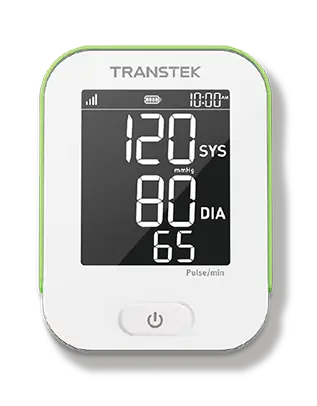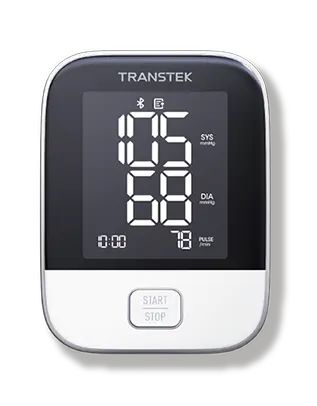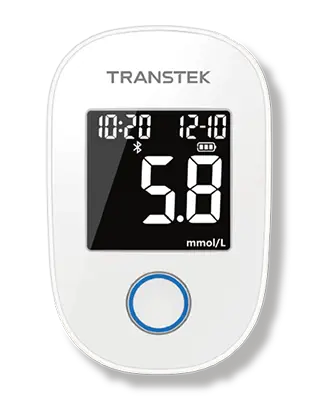
Do you still remember Chan Harjivan, the 95th undergraduate student of pharmacy at MCPHS? Harjivan is the chief executive director and partner of the American public sector health practice business of Boston Consulting Group, which helps guide the United States in responding to the COVID-19 pandemic. Regarding the future of the healthcare industry, Harjivan said that technology and digital medicine have permanently changed patient care.
The future of healthcare has come. In the past decade, digital remote patient monitoring telehealth technology has been accelerating its development, and the COVID-19 pandemic has greatly promoted the adoption of such technology. The healthcare industry today looks very different from what it was a few years or even months ago, and these changes will continue.
For patients, remote patient monitoring telehealth is one of the most significant changes, because many doctors' appointments have been switched to online. In addition, the online environment is also changing the training methods of medical practitioners, and remote patient monitoring telehealth training using computers based on data has great potential.
Unlike conferences or training sponsored by pharmaceutical companies, algorithms can provide practitioners with personalized courses and focus on areas they need to improve. Recreational training enables students to keep their enthusiasm, enable them to learn on mobile phones, and track their learning. Harjivan said that all these provided conditions for "a more accurate personalized testing mechanism that can be completed remotely".
As population data is gradually applied to personalized care, data is also used to improve diagnosis. Continuous real-time biological monitoring means that it can be monitored 24 hours a day through our mobile phones and smart home devices. Massive data sets provide an amazing ability to diagnose accurately, and the accuracy is improving every day.
The following are some examples:
Voice assisted scanning evaluates the user's Parkinson's disease according to the change of sound frequency;
Mobile phone companies can predict lung function by detecting gait changes;
The change of mobile phone sliding mode can be used to assess mental state;
Uploaded pictures can predict depression;
Typing patterns can be used to predict dementia.
Harjivan sighed: "Super large technology companies have amazing ability to carry out medical intervention, and they gradually begin to understand your health status better than your clinicians. This is the future, and the near future. Mobile devices will become the core of future medical care intervention and patient interaction, and healthcare professionals need to know their patients better through them."
The development of these remote healthcare technologies, such as the continuous improvement of pharmacies, the use of 3D printing for personalized drug manufacturing, genomics, and unmanned aerial vehicles for cold chain supply, enable the medical care system to work together, indicating a bright future.
Founded in 2002, Transtek is committed to multiple health fields such as remote health and chronic disease management, providing customers with medical-grade "RPM devices" and "cloud services". Besides, Transtek has established a co-branded solution named TeleRPM since 2022, it stands for Quality & Value which is the best of Transtek. TeleRPM is open and scalable, together we will leverage our expertise to help customers realize greater value, potential and outcomes.
+86-0760-85702291







